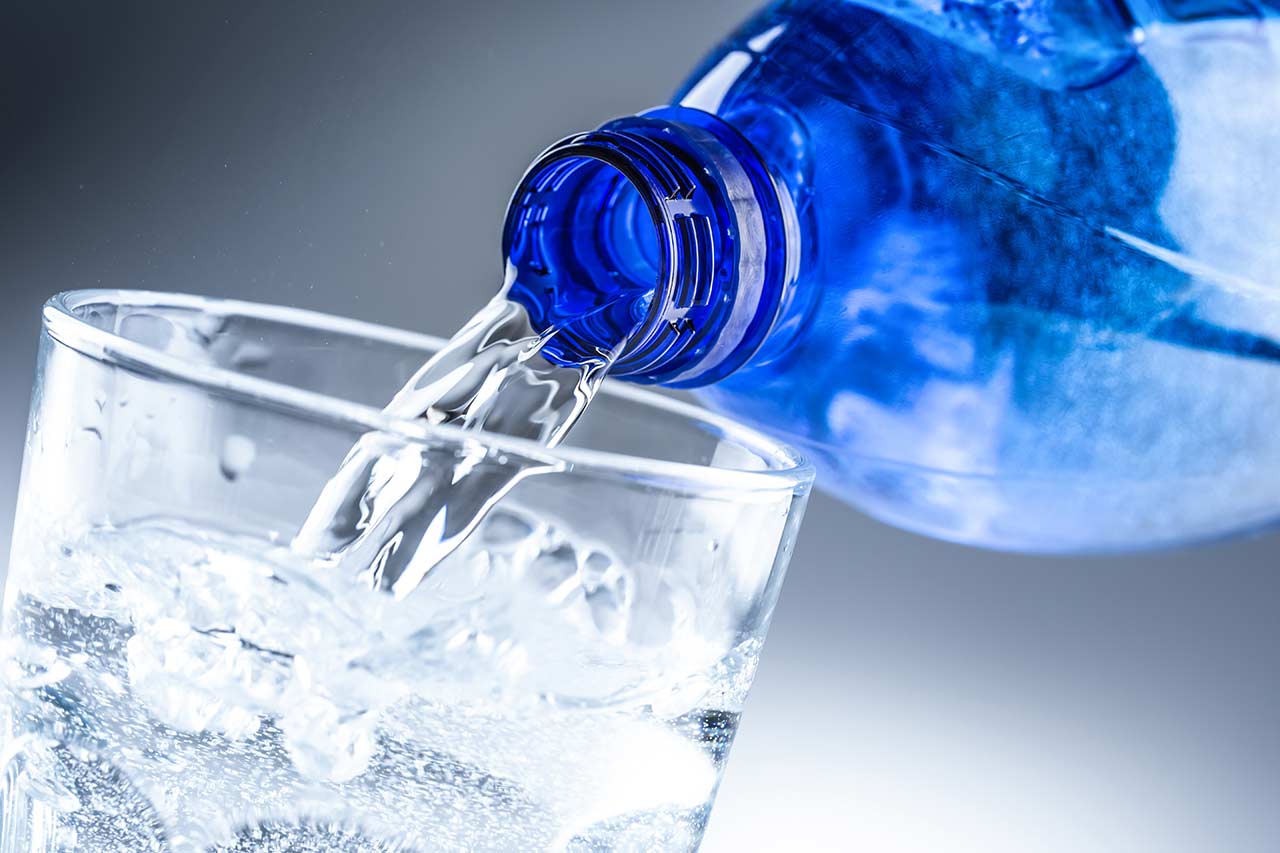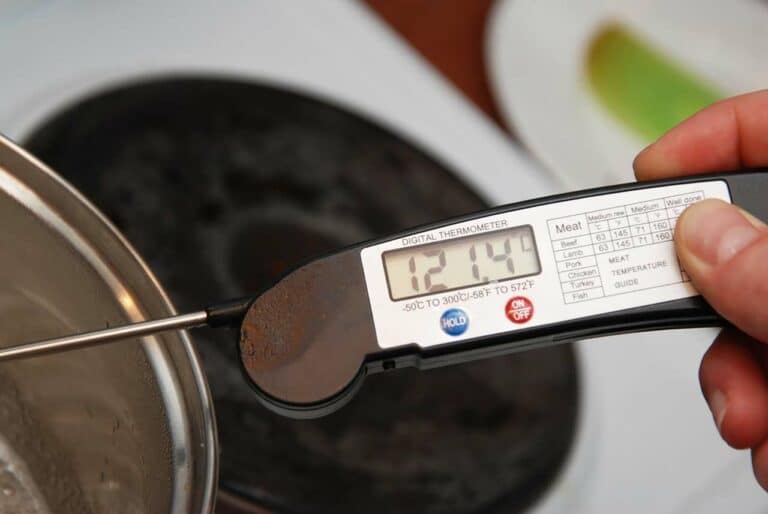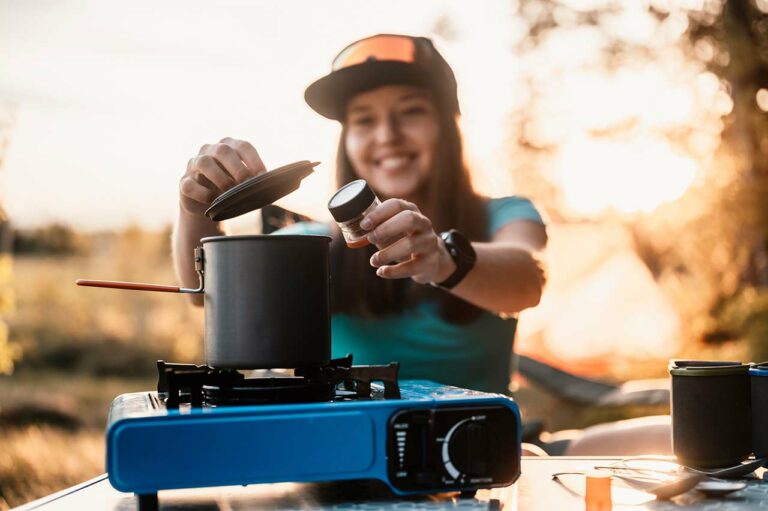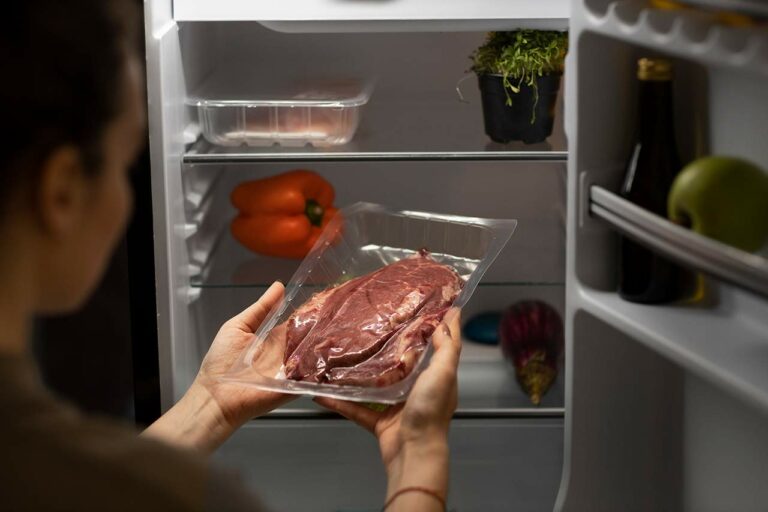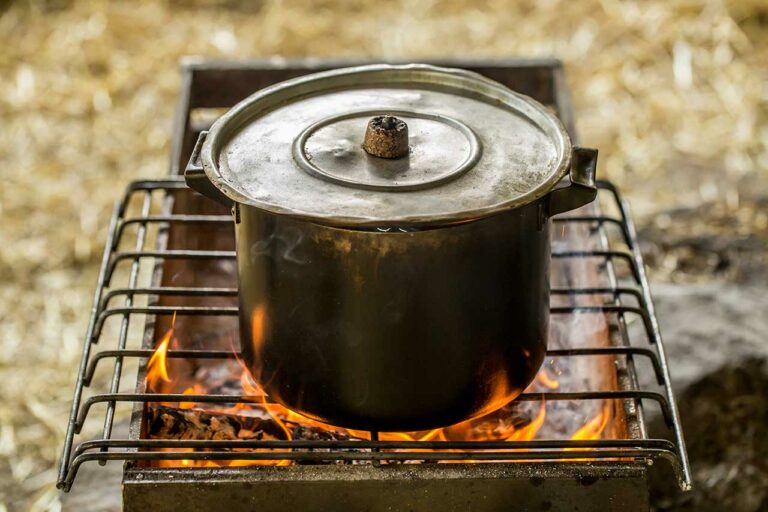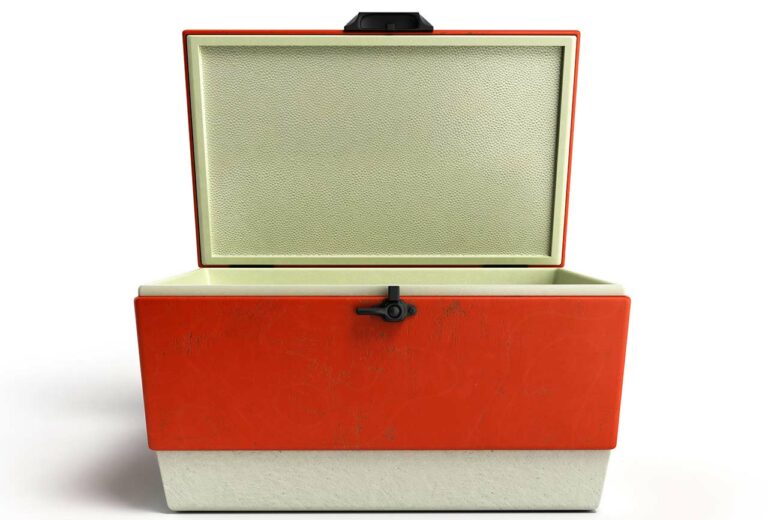Canned Water vs Bottled Water: Is One Better?
When considering emergency preparedness and stocking up on supplies, you might find yourself facing the choice between canned water and bottled water. The debate surrounding the sustainability and practicality of these two options is ongoing, so let’s take a dip into the differences between the two to help you make an informed decision.
Canned water, often packaged in aluminum or tin-plated steel cans, has been touted as a more sustainable choice than bottled water due to its recyclability and energy efficiency. Bottled water, however, remains more common and widely available. As a survivalist or someone just looking to stay prepared, it’s crucial to weigh the pros and cons of each option, as well as consider factors like taste and storage capabilities.
In the battle of canned water vs. bottled water, factors like environmental impact, practicality, and cost all come into play. Here’s how the options stack up, so you can make the best choice for your situation.
Understanding Canned Water
You might already know that canned water is simply drinking water packaged in aluminum cans, just like your favorite canned sodas. But did you know that it can be a more environmentally friendly choice compared to bottled water? That’s because aluminum cans are infinitely recyclable, making them a great option for reducing plastic waste.
While all that sustainability is good, what about the taste? How does the taste of canned water compare to that of bottled water? Generally speaking, the taste of canned water shouldn’t be much different from that of its bottled counterpart. However, some people might notice a slight metallic taste when drinking water from an aluminum can. (Some people notice a plastic taste in their bottled water too, though, so it really depends.) The important thing is this taste isn’t harmful, and should be minimal or even unnoticeable for many.
Like bottled water, canned water is available in various forms, such as spring, purified, carbonated, and mineral water. Some brands even offer canned water with a twist, such as flavors or minerals added, just like bottled water.
In a nutshell, canned water offers an alternative option for staying hydrated while pitching in to save our planet, and one good stockpile water option.
Understanding Bottled Water
Bottled water is a convenient and popular choice for portable hydration. It typically comes in plastic bottles, and there are various types to choose from, such as spring water, mineral water, and flavored water. The most well-known brands in packaged water typically come in bottles.
One glaring drawback of bottled waters lies in their substantial environmental toll. The production of plastic bottles consumes large amounts of energy and resources, while their degradation post-use presents a prolonged and troubling ecological challenge. Plastic bottles notably contribute to pollution and waste management issues globally.
Comparing Quality and Taste
When it comes to drinking water, the question of bottles versus cans pales in comparison to the quality and taste of the water itself. No one wants to stockpile water that is dangerous or vile-tasting, so taste does matter. So, let’s talk taste.
Whether you’re buying in bottles or cans, the mineral content of water will impact its flavor profile. In general, taste tests have shown that there isn’t a massive difference between the taste of canned water and bottled water. It’s more about the water within.
As far as water quality, both canned and bottled water are required to meet certain safety standards for consumption. While bottled water is often perceived as a higher quality option, the truth is that tap water in many places is just as safe. In fact, some bottled water is just sourced from municipal water supplies and tweaked a bit. When it comes to canned water, it can be stored for long periods of time without losing its quality, which is a big selling point, especially if you’re prepping for power outages.
Health Implications Of Canned Vs Bottled Water
Now, perhaps the most important factor when comparing canned and bottled waters – their potential impact on your health. Here are a couple of health concerns and how the two stack up.
Contaminants
Contaminants are a concern with both bottled and canned water.
Bottled water can get contaminated with endocrine-disrupting chemicals (EDCs) from the plastic, whereas heavy metals and toxins can leach into canned water.
Lead is another potential contaminant in both canned and bottled water. Although not as common these days, some cans and bottles could still have lead solder or paint on them which can eventually contaminate the water inside.
Then, we’ve got BPA (Bisphenol-A), another potential contaminant in both canned and bottled waters, and a growing concern over the last few years. Here’s the lowdown on how the two compare:
Canned Water
Some cans are lined with a BPA-containing resin, which is intended to prevent corrosion and contamination. Thankfully, many manufacturers have transitioned to BPA-free cans in response to consumer concerns about the chemical.
Bottled Water
Bottled water is one of the first places BPA-concern began. But the market offers a plethora of BPA-free bottled water these days, using alternative plastics that do not contain the chemical.
Whether buying in bottles or cans, just make sure they’re labeled BPA-free.
Light Exposure
Canned Water
Cans protect water from light exposure, preserving its quality and preventing potential chemical reactions triggered by light.
Bottled Water
Clear bottles do not protect water from light, which may affect its taste and safety over time, as chemicals in the plastic leach into the water inside.
Safety Verdict
Neither canned nor bottled water is conclusively safer based solely on the container’s material, as BPA or its alternatives can be found in various packaging options. Both come with their respective pros and cons, and the safety often boils down to specific brands and products rather than the general packaging type.
Consumer Tips:
- Check Labels: Always read labels for any indication of BPA or BPA-free assurance.
- Storage Conditions: Store water in a cool, dark place regardless of its packaging to preserve its quality.
- Consider Alternatives: Glass and stainless-steel water containers are reliable alternatives if you’re looking to avoid both plastic and cans. Though, glass isn’t the best option for portability in the case of a power outage.
- Brand Research: Opt for brands that prioritize health and safety by utilizing safe materials for water storage.
Remember, the ultimate safety and taste of the water also depend on the source and filtration processes employed by the brand. Hence, considering these aspects while selecting a water brand, alongside packaging, will holistically address safety concerns.
Canned Vs Bottled Water Storage
Generally speaking, canned water can be stored longer than bottled water. This, of course, means that, when preparing for emergencies like power outages, canned water provides a significant advantage, particularly for those adopting a long-term preparedness approach.
The durable nature of aluminum cans, which are less permeable and resistant to light, ensures that the water remains uncontaminated and retains its quality over extended periods, offering a reliable source of hydration during crises. Canned water’s robustness against varied storage conditions and its resistance to structural degradation make it a worry-free option when stockpiling emergency supplies.
That doesn’t make canned water inherently better than bottled water for power outage preparation, but it is something to keep in mind.
Deciphering the Cascade: Navigating Through the Choices and Challenges of Canned Vs Bottled Water
When choosing between canned and bottled water variants, consumers tread the line between practicality and environmental impact. The vessel in which our emergency water is stored also plays a critical role in ensuring both our immediate and future well-being, especially in times of unexpected power disruptions.
While canned water boasts a more sustainable profile with its recyclability, and a longer shelf life, bottled water offers ubiquity and familiar convenience. Either or both can be good options in a power outage water supply. Just remember, if the grid goes down, reach for the bottled water first.

